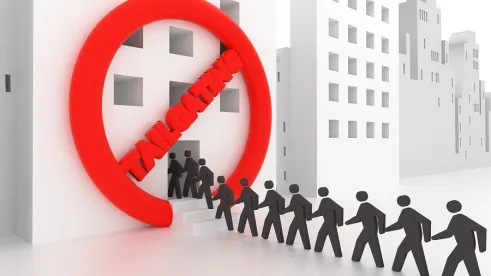On February 20, the Department of Justice announced that Attorney General Sessions had created a new, cross-departmental Cyber-Digital Task Force. He directed the Task Force to advise him on the most effective ways for DOJ to confront cyber threats and keep Americans safe. Specifically, the Task Force is charged with canvassing the work the Department is already doing on cyber, and making recommendations on “how federal law enforcement can more effectively accomplish its [cyber] mission.” He asked for a report from the Task Force by June 30.
The Task Force immediately generated criticism from some quarters, with observers viewing it as nothing more than additional bureaucracy where it was not needed. Other observers maintained more of an open mind, noting that the Task Force appears to have a good combination of policymakers, front line law enforcement and prosecutors, and that getting them together could lead to better coordination on cyber in the Department, as well as more effective law enforcement and prosecution of cyber crimes. These results would certainly benefit the country, and anyone who interacts with DOJ on cyber issues.
Putting It Into Practice: One note of caution – even if the Task Force proves useful to DOJ, recall that the Department is only one of several governmental entities with jurisdiction over aspects of cybersecurity. The White House, DHS, the FTC, the SEC and others also play roles, so in that sense DOJ’s activities will be limited. But, if DOJ’s Task Force can help make law enforcement more unified, better coordinated, and more consistent in its dealings with the private sector, it will have been worth the effort.




 />i
/>i

